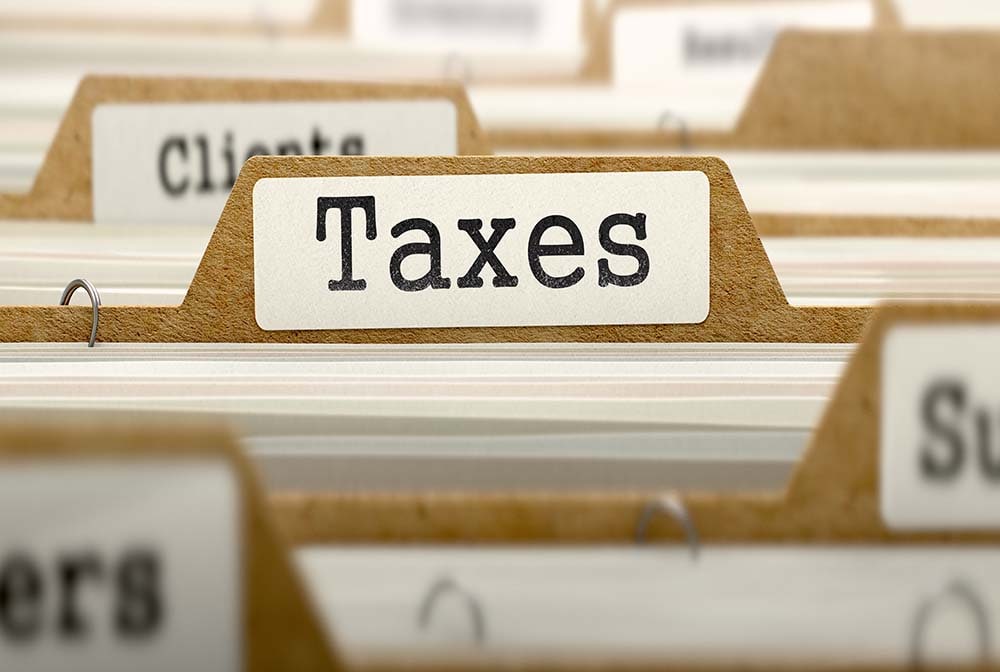You’ve filed your tax returns and they’ve been accepted. Now what? Your tax return and all supporting documentation are lying in a pile on your desk. If you’re tempted to just put them in a paper bag and store them under your desk or in the attic. Don’t. Our clients often ask why it’s important to keep their tax records, how long do they need to keep them, how to store them, and how to dispose of them.
Why is it important to keep your tax records?
- IRS Audits. The IRS can audit your taxes for a certain period. Well organized records will help provide answers in the event our return is selected for examination.
- Mortgages and Loans. Many times, lenders will require tax-related documents such as tax returns and proof of income for mortgages and other loans.
- FAFSA and Financial Aid. If you’re thinking of applying for federal student aid by filing a FAFSA (Free Application for Federal Student Aid), you’ll need the last two years of tax returns and W-2s to determine you or your child’s eligibility.
- Tax Return Amendments. Typically, you have three years to amend your tax returns if there was a mistake or you neglected to take a tax credit.
What tax records should you keep?
It’s generally best practice to keep tax returns and supporting documentation related to income, expenses and corresponding deductions, property, investments and retirement accounts, and any other documents that support an item on your return.
How long must you keep these records.
How long you keep each will depend on the statute of limitation that apply. Here’s what the IRS recommends:
- Three years. In general, the IRS recommends that you keep your tax records for a minimum of three years after they are filed.
- Four years. Employment tax records
- Six Years. Tax returns if you did not report more than 25% of the gross income you should have reported.
- Seven Years. Tax returns where you filed a claim for a loss from worthless securities or bad deductions.
- Indefinitely. Tax returns if you did not file a return or filed a fraudulent return.
- Property Records. Keep records relating to property until the period of limitations expires for the year in which you dispose of the property in a taxable disposition. You must keep these records to figure your basis for computing gain or loss when you sell or otherwise dispose of the property.
- Healthcare Insurance. You should keep records of your own and your family members’ health care insurance coverage. If you’re claiming the premium tax credit, you’ll need information about any advance credit payments you received through the Health Insurance Marketplace and the premiums you paid.
What is the best way to store your tax records?
An effective way to store your records is with an old-fashioned fire and waterproof safe or filing cabinet. Digital copies on an external hard drive or backed up in the cloud are another type of storage. In addition to reducing paper, storing your records in the cloud can be convenient – make sure your online storage provider encrypts your data. You can also protect your files and folders by adding a password.
How should you dispose of your old tax returns and documents.
Once you are confident that you no longer need a tax return or supporting documentation, be sure to use a safe method, such as shredding, to ensure confidential information is secure. If you have a digital copy of your records, delete all versions – including the files that are backed up on your hard drive.

